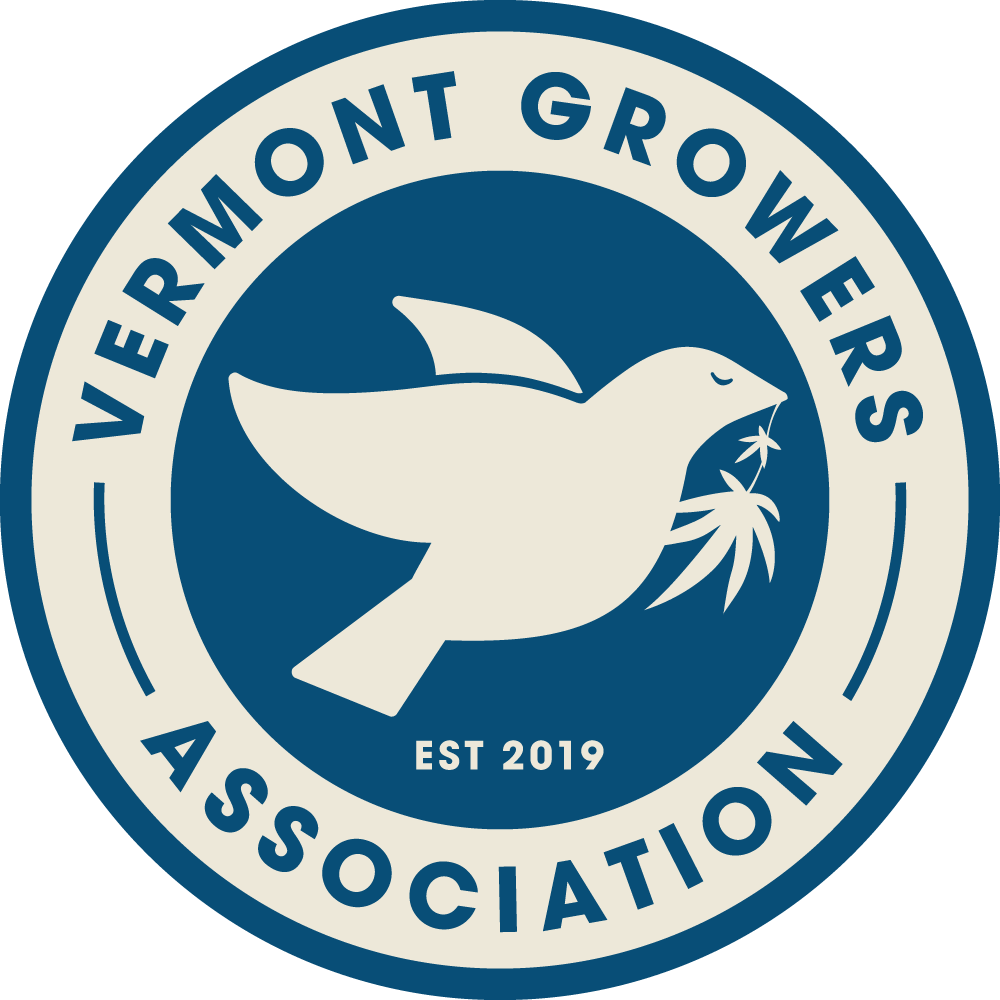CCB and Legislative Update
The Cannabis Control Board’s rules 1 through 4 are now in effect. On March 16, the licensing pre-qualification period began. Bill H.701, the license fee bill, a vital milestone to the market formation, was recently signed into law. The adult-use market is on track to begin selling to persons 21 years or older on May 1, and the State House is actively deliberating additional pieces of legislation that would bring sweeping changes to the emerging marketplace. As this occurs, we continue to work with local businesses and our partners in the Vermont Cannabis Equity Coalition and lawmakers to bring equity and fairness to the market.
A page from the Cannabis Control Board’s Guidance on Application Licensing and Fees.
CCB Rules 1 Through 4
On Monday, March 14, in its regular meeting, the Cannabis Control Board voted to formally adopt rules 1 and 2, putting them into effect, and voted to adopt rules 3 and 4 as emergency rules, immediately putting them into effect. Rule 1 is entitled Licensing of Cannabis Establishments and includes details for each license and more. Rule 2 is entitled Regulation of Cannabis Establishments and includes how licensees must operate. Rule 3 is entitled Medical Cannabis and includes mostly procedural regulations for the medical program. Rule 4 is entitled Compliance and Enforcement and details how the market will be enforced.
Licensing Pre-Qualification
The Cannabis Control Board opened up licensing pre-qualification on March 16, allowing interested applicants to submit initial information for licensure before applying for a license. An individual may submit a pre-qualification application for any license type, the application fee costs $500, which is nonrefundable but will be subtracted from the license fee, should the individual seek a license. The CCB will hold onto pre-qualification applications for 12 months, and it is not a license to operate. The Board recommends the pre-qualification period for those interested in licensure at a later time and has developed guidance on its website to get started.
H.701, The License Fee Bill
The cultivation tier structure, with fees, from the Cannabis Control Board’s Guidance on Application Licensing and Fees.
On Friday, March 25, Governor Scott signed into law bill H.701, the license fee bill, a critical piece of legislation needed to stand up the adult-use marketplace, becoming Act 86 (2022). Vermont would not have an adult-use market without license fees. Because of the importance of this bill, we worked with our partners in the Vermont Cannabis Equity Coalition to include the CCB's social equity funding recommendations into the legislation, 5% of the cannabis excise tax to the Cannabis Business Development Fund and 20% to the Community Reinvestment Fund, to no avail. State House leadership protected bill H.701, preventing it from sitting in any committee for too long to avoid deliberation or testimony. Funding the Social Equity programs is just as essential as enacting license fees.
Now that bill H.701 is law, it is important to note there will be more licenses for the adult-use market than what's in defined in the bill, now called Act 86. There are even a few bills in the State House this year that will do as such. What bill H.701 represents are the final initial licenses as recommended by the CCB and that lawmakers agreed to at this moment in time. We now have an initial understanding of some of the licenses that will be available this year, and to help the public understand the different licenses and fees, the CCB developed Guidance on Application Licensing and Fees.


